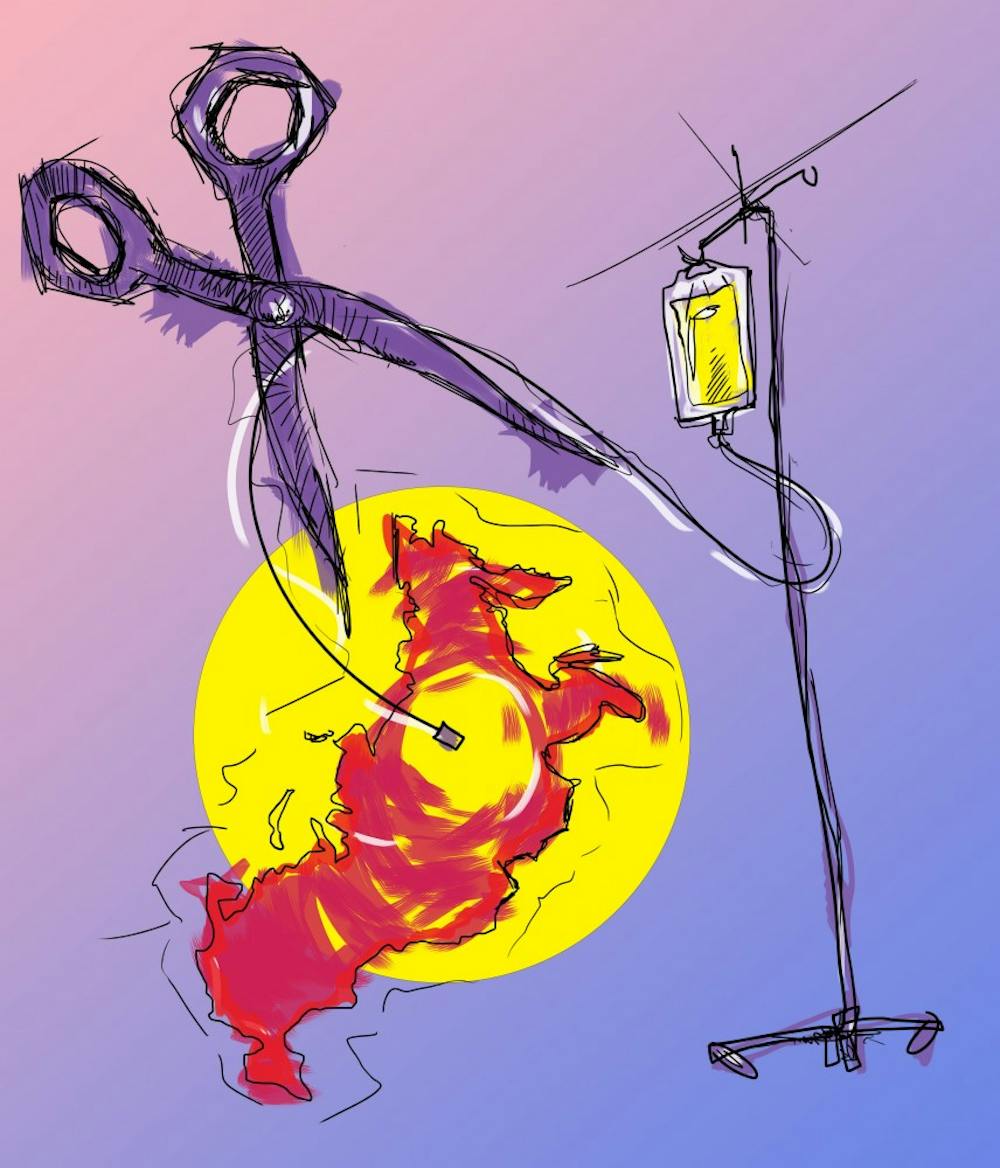Last July, Congress passed a bill with an overwhelming 519-5 majority that would impose sanctions on Russia due to their alleged interference in the 2016 presidential election.
The bill would substantially reduce the president’s power to waive sanctions without congressional approval. Congress also had intentions of preventing Russia from interfering with the 2018 elections through this legislation.
These sanctions would target people and entities that undermine US cybersecurity, invest in Russian pipelines, engage in transactions with Russian defense or intelligence sectors or engage in other interactions with the Russian government.
However, recently President Trump announced to lawmakers that he does not plan to act on these sanctions, because he does not think they are necessary yet. Trump says the threat of sanctions would act as a deterrent.
The hesitation on Trump’s part is a good thing because many of the effects of these sanctions would hurt the people of Russia and entities that buy from Russia, not so much the Russian government.
These sanctions can include freezing assets such as property and banning exports from the U.S., which goes further than punishing the Russian government for any interference they may have had over the election.
Trump also seems to keep positive foreign relations with Russia one of his top priorities, so these actions concur with his previous sentiments.
At the same time, a general fear that many Americans have had is Trump’s misuse of power or overreaching of power. This bill he signed into law last summer is supposed to restrict the executive's power to control these sanctions. However, he has made his executive decision to ignore this. This is a clear abuse of the executive’s power by bypassing Congress.
Former President Obama’s executive order from one year ago to form similar sanctions on Russia may have been a damaging precedent for Trump.
This decision does not help his lowering credibility regarding his interference in the recent Russian investigations. A recent Washington Post-ABC poll shows that half (50 percent) of Americans believe that Trump tried to interfere with the Russia investigation in a way that amounts to obstruction of justice.
With this perceived obstruction of justice, there is plenty of precedent for congress to take actions regarding the legality of his actions. However, with a Republican majority in Congress this is unlikely to happen.
Ultimately, these sanctions on Russia are unnecessary and could be counterproductive. However, it is a risky move and a poor decision for Trump to take any more actions that could undermine his credibility than he already has.




